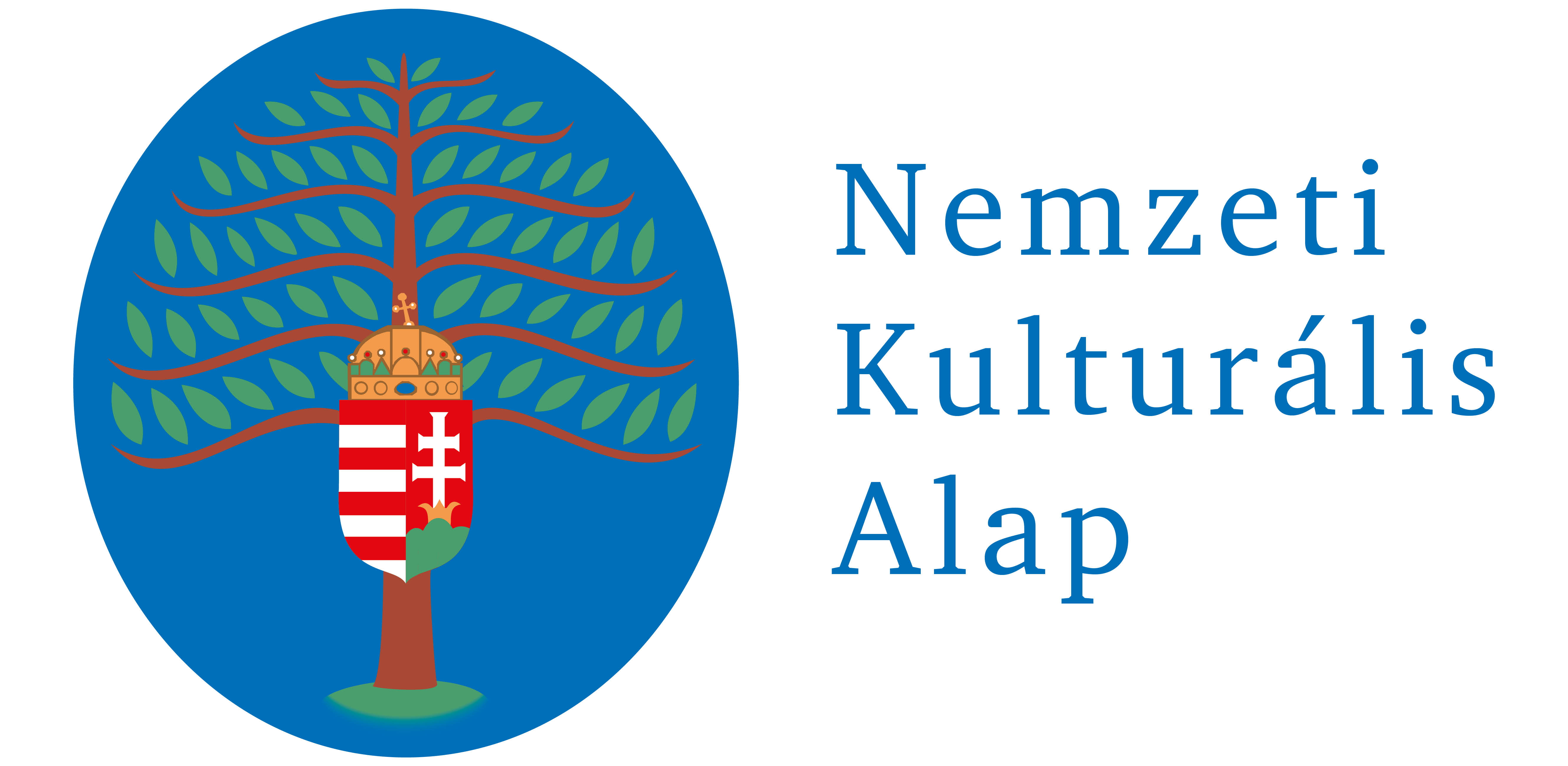Naptár
2024. április 15–19.
2024. április 20.
Eötvös József Kárpát-medencei középiskolai szónokverseny
2024. április 24. – május 3.
Tovább...
4. 2013.
Abstracts in English
Studies
Antalné Szabó, Ágnes
Learning-based first-language development
There are a number of changes in the process and environment of education at school that challenge educators. New modes of acquiring culture, among them the spread of digital learning methods, the necessary change of the school education concept have an effect on the aims and the framework of education at school, the applied teaching and education strategies, the use of adaptive pedagogical methods, lesson planning methods and tools. One possible answer for all these new challenges is competence-based self-evaluation and evaluation ofteachers. The first part of the study defines teacher competence related to supporting learning and it also discusses its relation to other teacher competencies. The second part shows specific examples of knowledge-based first language development: learning-to learn materials and activities as well as the realizations of a learning-supporting pedagogical approach and teacher communication.
Szántó, Anna
Listening comprehension among pupils in the light of some sociolinguistic factors
The aim of this research is to detect at what point of development the listening comprehension of first-year pupils’ stands today and to investigate how the difference in family environment affects the text comprehension performance of children. Children with linguistic disadvantages can experience a series of failures. From a psycholinguistic perspective, this research shows at what level pupils are now, what difficulties they have to face (failures, errors) concerning their listening comprehension. From a sociolinguistic perspective, it shows the relation between language use and language environment. It is a question of future investigation whether any differences can be spotted at school entrance in the listening comprehension among pupils with different social background. These findings to a certain extent also show how successful students are at school.
Workshop
Juhász, Kitti
The investigation of functional literacy among high-school students preparing for a school-leaving examination
There are more and more stimuli and information today and it is getting more and more difficult to find our way around. In order to be successful in modern society, we need to be equipped with a wide range of information management and communication skills. Today’s society expects us to read, writeand count without any difficulties, i.e. to fulfil the requirements of functional literacy. More and more people, however, do not meet these requirements and thus functional illiteracy is more and more widespread. This investigation draws attention to this problem and shows only an extract of functional illiteracy today. The research was done among finishing students in a rural high school who were asked to fill in and write official documents.
Sváb, Ágnes
Online applications on the first language class
It was first published in the news in the summer 2013 that in the Netherlands schools are opening where the only learning device will be an iPad. This Dutch example, however, is not unique at all. Such devices are used in many countries around the world. The Media Informatics Institute at Eszterházy Károly College in Eger, Hungary has launched a methodological experiment to investigate the effects of the interactive learning environment. The huge spread of mobile computing devices, the internet getting accessible in a larger and largerextent, always and everywhere being available are all changes in our environment that necessitate the introduction of the concept m-learning, the rise of a new education paradigm. The aim of this study is to present examples of the use of web 2.0 applications in first language teaching. The first part of the study summarizes the advantages of the applications. After that it introduces freely accessible and easily manageable applications that can be used in various working modes and with the help of different digital devices on first language classes.














